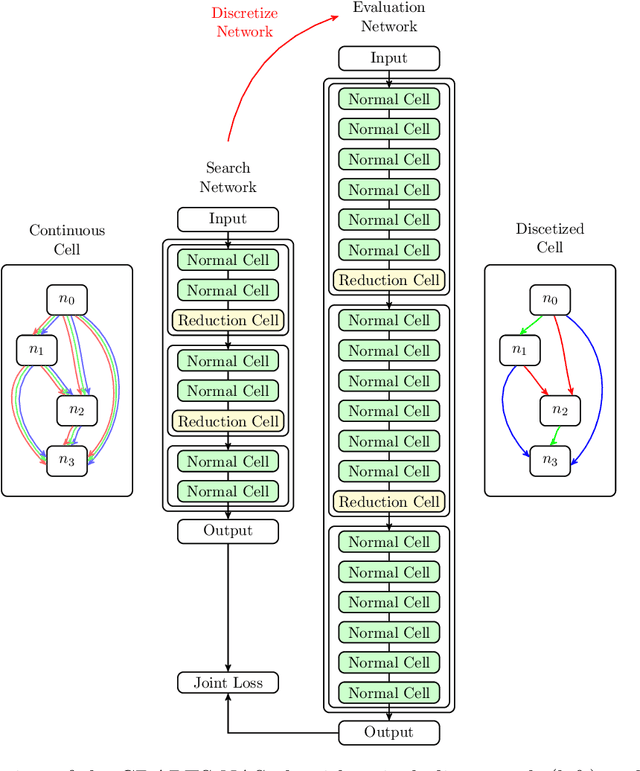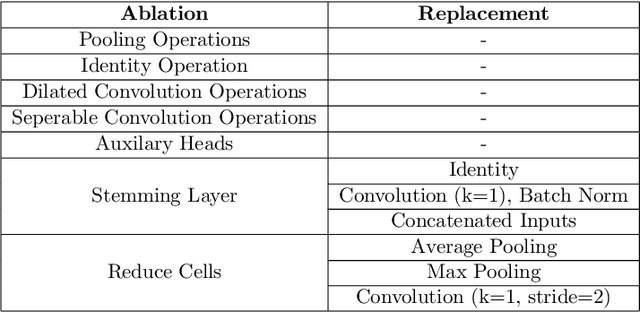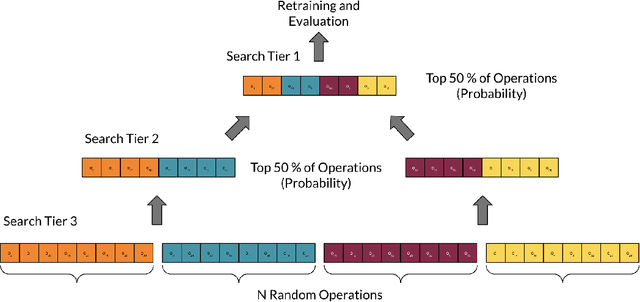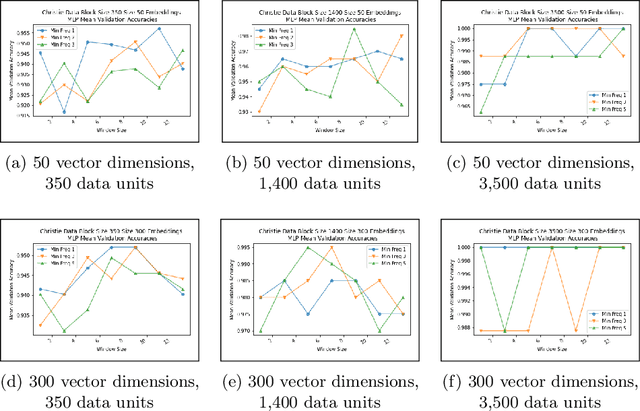Emily Herron
SciTrust 2.0: A Comprehensive Framework for Evaluating Trustworthiness of Large Language Models in Scientific Applications
Oct 29, 2025Abstract:Large language models (LLMs) have demonstrated transformative potential in scientific research, yet their deployment in high-stakes contexts raises significant trustworthiness concerns. Here, we introduce SciTrust 2.0, a comprehensive framework for evaluating LLM trustworthiness in scientific applications across four dimensions: truthfulness, adversarial robustness, scientific safety, and scientific ethics. Our framework incorporates novel, open-ended truthfulness benchmarks developed through a verified reflection-tuning pipeline and expert validation, alongside a novel ethics benchmark for scientific research contexts covering eight subcategories including dual-use research and bias. We evaluated seven prominent LLMs, including four science-specialized models and three general-purpose industry models, using multiple evaluation metrics including accuracy, semantic similarity measures, and LLM-based scoring. General-purpose industry models overall outperformed science-specialized models across each trustworthiness dimension, with GPT-o4-mini demonstrating superior performance in truthfulness assessments and adversarial robustness. Science-specialized models showed significant deficiencies in logical and ethical reasoning capabilities, along with concerning vulnerabilities in safety evaluations, particularly in high-risk domains such as biosecurity and chemical weapons. By open-sourcing our framework, we provide a foundation for developing more trustworthy AI systems and advancing research on model safety and ethics in scientific contexts.
AstroMLab 4: Benchmark-Topping Performance in Astronomy Q&A with a 70B-Parameter Domain-Specialized Reasoning Model
May 23, 2025Abstract:General-purpose large language models, despite their broad capabilities, often struggle with specialized domain knowledge, a limitation particularly pronounced in more accessible, lower-parameter versions. This gap hinders their deployment as effective agents in demanding fields such as astronomy. Building on our prior work with AstroSage-8B, this study introduces AstroSage-70B, a significantly larger and more advanced domain-specialized natural-language AI assistant. It is designed for research and education across astronomy, astrophysics, space science, astroparticle physics, cosmology, and astronomical instrumentation. Developed from the Llama-3.1-70B foundation, AstroSage-70B underwent extensive continued pre-training on a vast corpus of astronomical literature, followed by supervised fine-tuning and model merging. Beyond its 70-billion parameter scale, this model incorporates refined datasets, judiciously chosen learning hyperparameters, and improved training procedures, achieving state-of-the-art performance on complex astronomical tasks. Notably, we integrated reasoning chains into the SFT dataset, enabling AstroSage-70B to either answer the user query immediately, or first emit a human-readable thought process. Evaluated on the AstroMLab-1 benchmark -- comprising 4,425 questions from literature withheld during training -- AstroSage-70B achieves state-of-the-art performance. It surpasses all other tested open-weight and proprietary models, including leading systems like o3, Gemini-2.5-Pro, Claude-3.7-Sonnet, Deepseek-R1, and Qwen-3-235B, even those with API costs two orders of magnitude higher. This work demonstrates that domain specialization, when applied to large-scale models, can enable them to outperform generalist counterparts in specialized knowledge areas like astronomy, thereby advancing the frontier of AI capabilities in the field.
ICDARTS: Improving the Stability and Performance of Cyclic DARTS
Sep 01, 2023



Abstract:This work introduces improvements to the stability and generalizability of Cyclic DARTS (CDARTS). CDARTS is a Differentiable Architecture Search (DARTS)-based approach to neural architecture search (NAS) that uses a cyclic feedback mechanism to train search and evaluation networks concurrently. This training protocol aims to optimize the search process by enforcing that the search and evaluation networks produce similar outputs. However, CDARTS introduces a loss function for the evaluation network that is dependent on the search network. The dissimilarity between the loss functions used by the evaluation networks during the search and retraining phases results in a search-phase evaluation network that is a sub-optimal proxy for the final evaluation network that is utilized during retraining. We present ICDARTS, a revised approach that eliminates the dependency of the evaluation network weights upon those of the search network, along with a modified process for discretizing the search network's \textit{zero} operations that allows these operations to be retained in the final evaluation networks. We pair the results of these changes with ablation studies on ICDARTS' algorithm and network template. Finally, we explore methods for expanding the search space of ICDARTS by expanding its operation set and exploring alternate methods for discretizing its continuous search cells. These experiments resulted in networks with improved generalizability and the implementation of a novel method for incorporating a dynamic search space into ICDARTS.
The Sensitivity of Word Embeddings-based Author Detection Models to Semantic-preserving Adversarial Perturbations
Feb 23, 2021



Abstract:Authorship analysis is an important subject in the field of natural language processing. It allows the detection of the most likely writer of articles, news, books, or messages. This technique has multiple uses in tasks related to authorship attribution, detection of plagiarism, style analysis, sources of misinformation, etc. The focus of this paper is to explore the limitations and sensitiveness of established approaches to adversarial manipulations of inputs. To this end, and using those established techniques, we first developed an experimental frame-work for author detection and input perturbations. Next, we experimentally evaluated the performance of the authorship detection model to a collection of semantic-preserving adversarial perturbations of input narratives. Finally, we compare and analyze the effects of different perturbation strategies, input and model configurations, and the effects of these on the author detection model.
 Add to Chrome
Add to Chrome Add to Firefox
Add to Firefox Add to Edge
Add to Edge